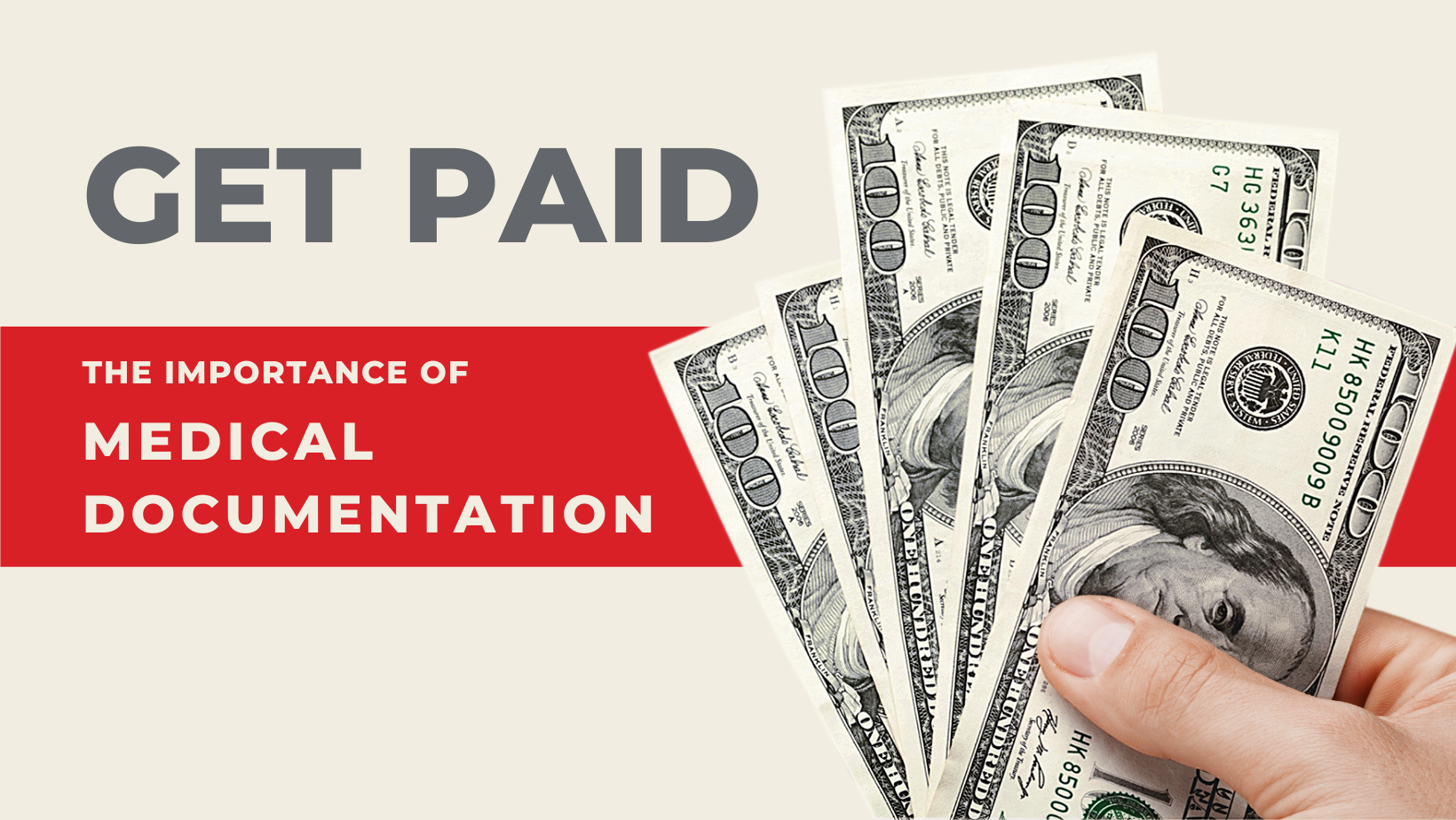
Reporting and Benchmarking
Are you a behavioral health provider looking to improve the quality and efficiency of your services? Then you’ve probably heard of reporting and benchmarking. These
Call Now: (800) 683-5640

Are you a behavioral health provider looking to improve the quality and efficiency of your services? Then you’ve probably heard of reporting and benchmarking. These

Utilization Review (UR) and prior authorization are two critical processes that play a vital role in determining the scope of behavioral health services available to

Medical documentation is necessary to claims being paid quickly In today’s healthcare world you need to develop the necessary organizational controls to develop successful processes

Working in the behavioral health revenue cycle management field behind the scenes performing utilization review and utilization management, advocating for those struggling with Substance Use